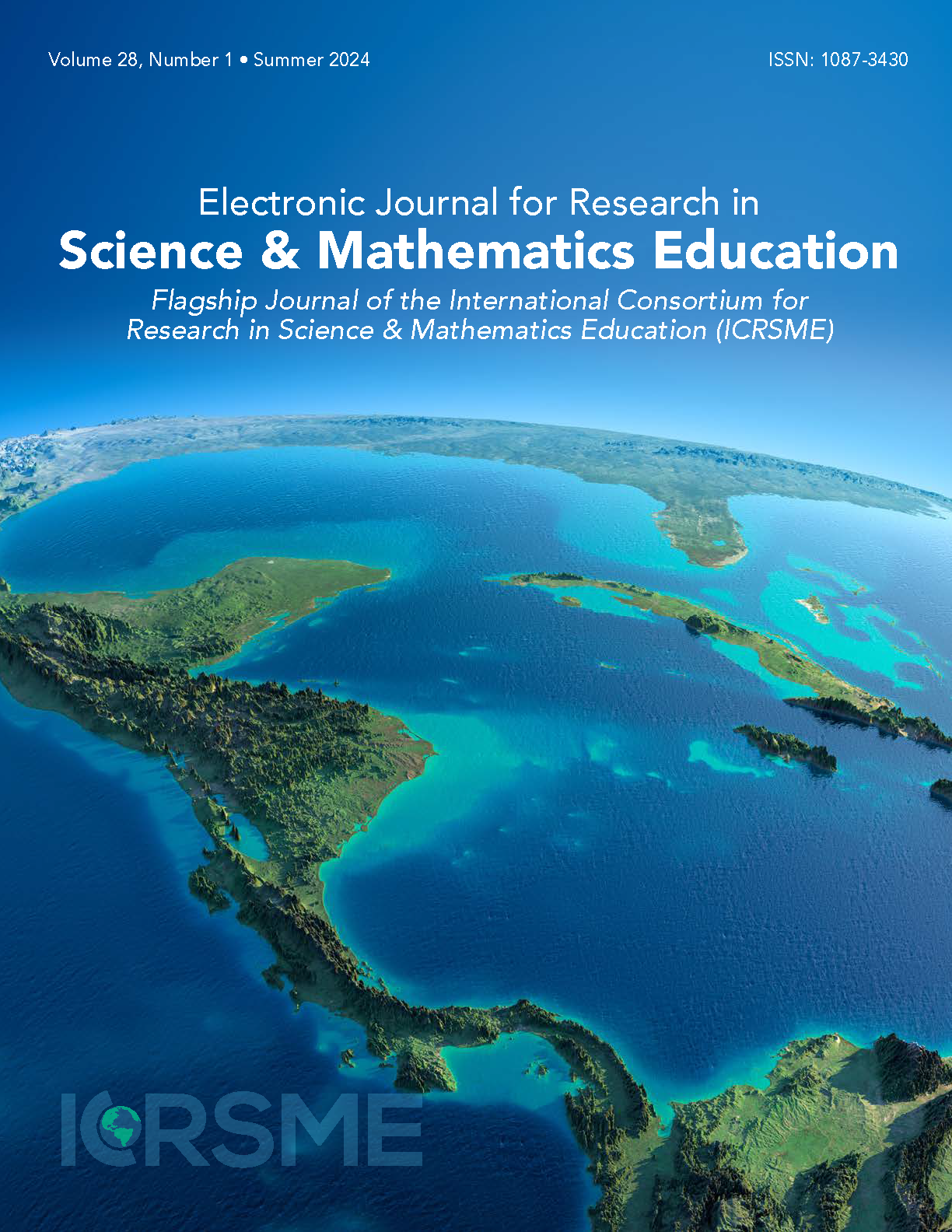Big Ideas of Mathematics A Construct in Need of a Teacher-, Student-, and Family-Friendly Framework
Main Article Content
Abstract
Across multiple countries the term “big ideas” of mathematics has become a construct advocated as important for teachers’ mathematical knowledge. Indeed, several policy or position statement documents about math learning in the United States (U.S.) have stated that “big ideas” of math is a crucial construct for teacher knowledge. With this study we sought to determine if there was consistency about this “big idea” construct that teachers of mathematics in the U.S. are advised to know. To this end, we conducted a content analysis of the big ideas in methods textbooks and professional development book series for U.S. teachers of preschool through grade 12. We determined that few resources defined a big idea and those that did lacked agreement with each other. Although most resources delineating big ideas cited Charles (2005) as the basis of their use of the construct, our analysis of the actual big ideas revealed inconsistent implementation of Charles’ criteria. Thus, to move research and practice forward we clarified a definition, five criteria, and constructed a scholar- and teacher-friendly framework to more precisely define and prioritize this abstract construct. The Big Ideas Framework consists of three ordinal levels to distinguish and prioritize their importance based on relative size and power: Mighty Mega Math Ideas, Power Math Ideas, and Strong Math Ideas. Moreover, the big ideas construct has focused on Mathematical Knowledge for Teaching (MKT), whereas we urge the field to shift its perspective to value the entire construct or at least the two most powerful levels of the framework as aspects of Common Content Knowledge (CCK). In other words, we urge teachers and mathematics teacher educators to foreground Mighty Mega Math Ideas and Power Math Ideas with students and families to empower those we serve. Furthermore, given the dearth of peer-reviewed research about big ideas, we encourage a new branch of scholarship to analyze the impact of the practical recommendations we offered here.
Article Details
© 2025 Electronic Journal for Research in Science & Mathematics Education (EJRSME)
